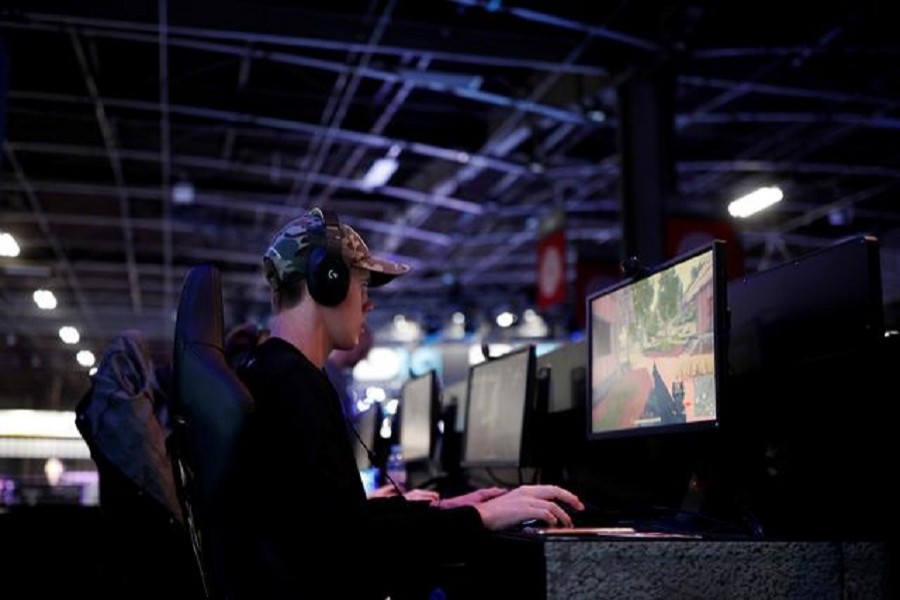India is unlikely to revoke a ban on PlayerUnknown's Battlegrounds (PUBG) following PUBG Corp's decision to withdraw the mobile game's publishing rights in the country from China's Tencent 0700.HK, a senior government official said on Friday.
PUBG, a popular online multiplayer battle game, was among 118 Chinese-origin mobile applications banned by New Delhi earlier this month.
That led PUBG Corp, the unit of a South Korean firm behind the game, to announce it would no longer give Tencent Games the rights to publish the game in India. It also said it was exploring ways to provide gaming experiences to Indian users in future.
The new ownership structure is, however, unlikely to change things immediately, said the source, declining to be named as he was not authorised to speak to the media.
“The violent nature of the game has been the cause of many complaints from all quarters,” the source said. “That does not change with the change in ownership rights.”
A spokeswoman for PUBG Corp in South Korea said the company was closely reviewing India’s concerns and that it was ready to work on anything that needed improvement.
The company has also been in talks with Jio Platforms, the digital unit of Indian conglomerate Reliance Industries RELI.NS, to bring the game back in its biggest market by users.
“We had initial talks with Jio Platforms to seek for cooperation opportunities, but nothing has been decided yet,” the PUBG spokeswoman told Reuters.
Reliance did not respond to a request for comment.
While officially New Delhi says it has banned the apps because they collect user data and pose a threat to national security, the move is widely seen as a way to pressure Chinese tech companies following a months-long standoff between India and China along a disputed Himalayan border.


